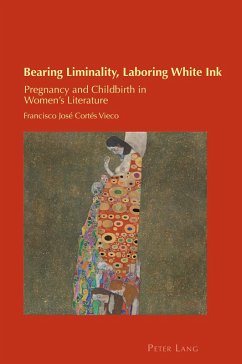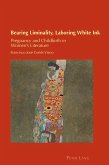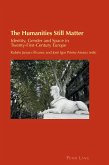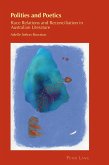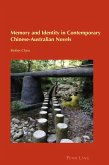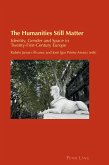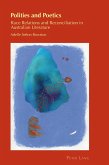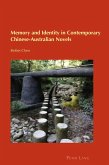Literature has been a bastion of male creativity, not of female procreativity, which has traditionally inhibited the voices of women and disempowered their self-expression. This book explores the underestimated legacy of women's fiction and (semi-)autobiographical works about pregnancy and childbirth in Great Britain and North America during the nineteenth and twentieth centuries, highlighting the symbiosis between the processes of childbearing and writing, problematizing female subjugation to the patriarchal institution of motherhood, and compensating for the silence around the experience of becoming a mother in literature.
Drawing on the anthropological concept of liminality, controversies about maternity within women's liberation movements, and milestones in French feminist theory, this book discusses pregnancy and childbirth as transformative events that can engender both women's imaginative responses to procreation and re-creations of memories about their prenatal/natal episodes, as well as therapeutic narratives of self-discovery and recovery from pain. Examining the works of authors such as Mary Shelley, Emily Brontë, Jean Rhys, Anaïs Nin, Margaret Drabble, and Toni Morrison, this book posits a literary corpus of procreativity, written by women with an empowering white ink to defend their (un)maternal freedom and (life-)writings.
Drawing on the anthropological concept of liminality, controversies about maternity within women's liberation movements, and milestones in French feminist theory, this book discusses pregnancy and childbirth as transformative events that can engender both women's imaginative responses to procreation and re-creations of memories about their prenatal/natal episodes, as well as therapeutic narratives of self-discovery and recovery from pain. Examining the works of authors such as Mary Shelley, Emily Brontë, Jean Rhys, Anaïs Nin, Margaret Drabble, and Toni Morrison, this book posits a literary corpus of procreativity, written by women with an empowering white ink to defend their (un)maternal freedom and (life-)writings.
Dieser Download kann aus rechtlichen Gründen nur mit Rechnungsadresse in A, D ausgeliefert werden.
«In this fascinating and wide-ranging book, Francisco José Cortés Vieco seeks to restore the centrality and even intelligibility of pregnancy, childbirth, and motherhood in classic works by nineteenth- and twentieth-century British and American female writers that he argues structures of patriarchy have denied them. Sparkling with insights and a pleasure to read.» (Professor Elizabeth Lunbeck, Harvard University)
«This is a historically wide-ranging account of the tropes of pregnancy and childbirth in women's literature. Cortés Vieco's learned study combines theoretical expertise and thorough, insightful close readings to revisit the connections between women's creativity and procreativity, while resisting essentialist equations of maternity and womanhood.» (Dr Karin Koehler, Bangor University, UK)
«This is a historically wide-ranging account of the tropes of pregnancy and childbirth in women's literature. Cortés Vieco's learned study combines theoretical expertise and thorough, insightful close readings to revisit the connections between women's creativity and procreativity, while resisting essentialist equations of maternity and womanhood.» (Dr Karin Koehler, Bangor University, UK)

